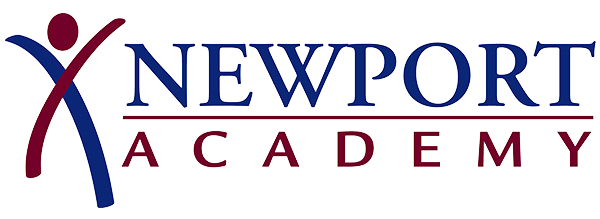A student’s Individualized Education Program (IEP), developed by the IEP team, may include related services. Virginia regulations define related services as:
“Related Services” means transportation and such developmental, corrective, and other supportive services as are required to assist a child with a disability to benefit from special education and includes speech-language pathology and audiology services; interpreting services; psychological services; physical and occupational therapy; recreation, including therapeutic recreation; early identification and assessment of disabilities in children; counseling services, including rehabilitation counseling; orientation and mobility services; and medical services for diagnostic or evaluation purposes. Related services also include school health services and school nurse services; social work services in schools; and parent counseling and training. Related services do not include a medical device that is surgically implanted including cochlear implants, the optimization of device functioning (e.g., mapping), maintenance of the device, or the replacement of that device. The list of related services is not exhaustive and may include other developmental, corrective, or supportive services (such as artistic and cultural programs, and art, music and dance therapy), if they are required to assist a child with a disability to benefit from special education.
(§ 22.1-213 of the Code of Virginia; 34 CFR 300.34(a) and (b))
Speech/Language Therapy
Individual and group speech and language therapy, using evidence-based practices, is provided by speech/language pathologists licensed by the Virginia Board of Audiology and Speech-Language Pathology (BASLP) as determined by a student’s IEP.
Speech assessment and therapy addresses all areas of communication development including articulation, voice, fluency, literacy, and language.
Resource Links:
http://www.asha.org/public/ (American Speech-Language-Hearing Association- provides general information from our national organization about communication disorders)
Occupational Therapy
When occupational therapy is included as a related service in an IEP, it is meant to enhance a student’s ability to function in an educational program. By focusing upon the skills of daily living, occupational therapists can often help individual students to function in the least restrictive environment.
Generally, occupational therapists provide treatment to strengthen and develop fine motor functions; focus on treatment of the small muscles, primarily those of the face, upper trunk, arms, and hands; and improve the student’s ability to perform tasks necessary for independent functioning, such as chewing, swallowing, placement of the tongue and mouth for speech formation, eye-hand coordination, and manual dexterity.
